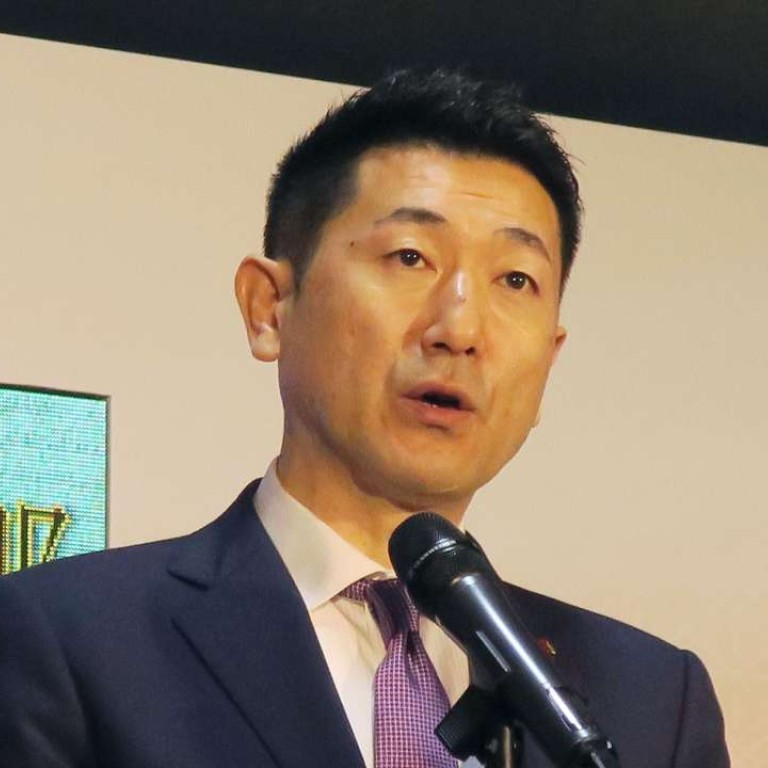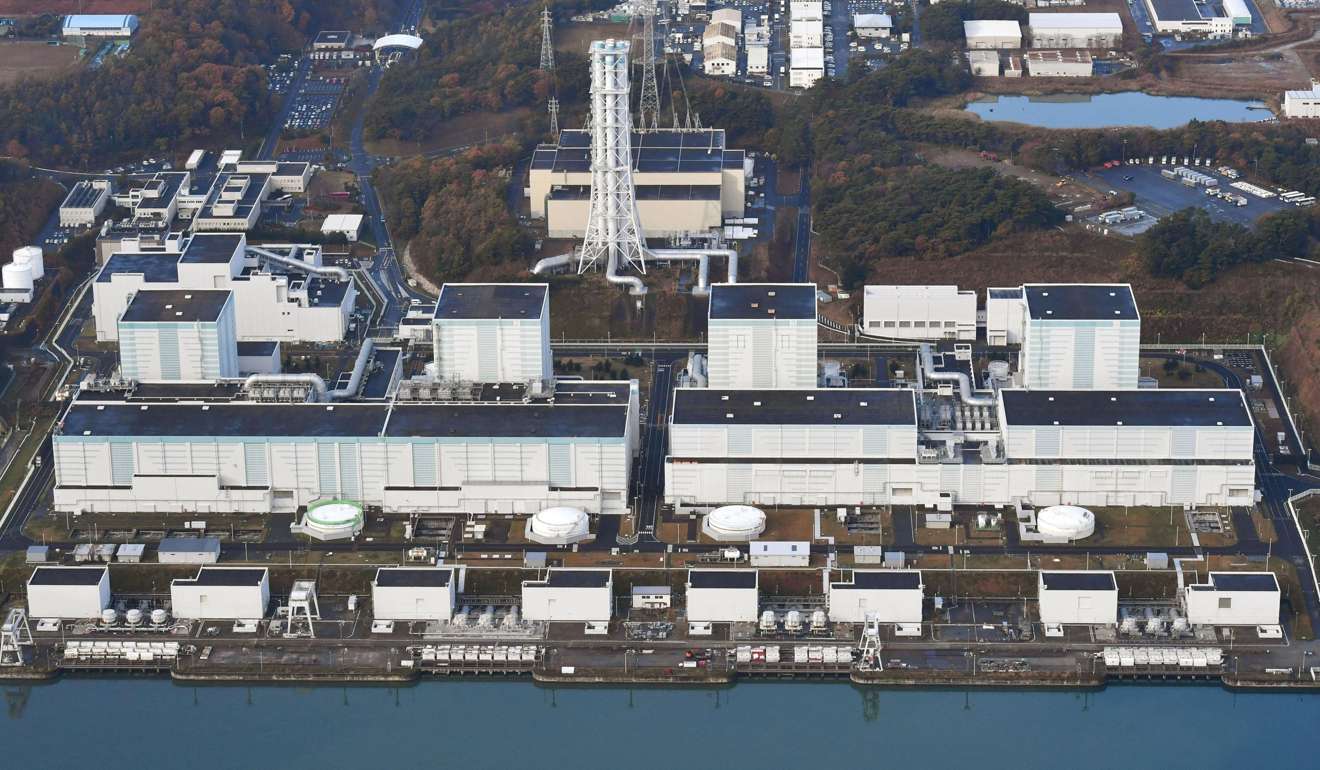
Japan sends highest ranking official to Taipei since end of official ties in 1972
While move indicates warming ties, it is no break with one-China policy, analysts say
Japan has sent a senior official to Taiwan for a visit in what analysts see as Tokyo’s decision to adopt more flexible policies towards Taipei.
Though the visit signals improved bilateral relations with Taipei, the analysts said it in no way indicated that Tokyo was ready to provoke Beijing by discarding its one-China policy to embrace Taiwan.
Deputy Minister of Internal Affairs and Communications Jiro Akama became the highest ranking Japanese official to visit Taiwan on Saturday since Japan switched diplomatic recognition to Beijing from Taipei in 1972.
He was on the island to chair the opening of a two-day Japanese tourism fair in Taipei, an activity organised and publicised on its website by the recently renamed Japan-Taiwan Exchange Association – which represents Japanese interests on the island.
Akama’s visit received wide local media coverage as he is the first such senior official to visit the island in years, a sign that Japan was taking note of the strategic importance of the island in Sino-Japanese ties.
Some local news media also played up the likelihood that Japanese Prime Minister Shinzo Abe was trying to use warming ties with Taiwan to counter the mainland in their dispute over the Diaoyu Islands, or Senkakus as Japan calls them, in the East China Sea.
Since January, Japan changed the name its of de facto embassy in Taipei from the Interchange Association to the Japan-Taiwan Exchange Association to reflect the agency’s de facto diplomatic status – a change seen by Taiwanese authorities as a sign for improved ties.
Looking to Tokyo to hedge Beijing’s squeeze, Taiwan President Tsai Ing-wen of the independence-leaning Democratic Progressive Party told Japanese visitors last week that developing relations with Tokyo was high on her diplomatic agenda, and that she thanked the Abe government for its positive attitude towards Taiwan.

Analysts, however, said the Tsai government should not entertain the thought that Japan is ready to change its one-China policy, which sees Beijing as the sole representative of China.
“By sending Akama to Taiwan, it is true that the Abe government is adopting a more flexible policy in dealing with Taiwan compared with previous governments which shunned official and high-profile contacts with Taipei in the face of Beijing’s warnings,” said Philip Yang, president of the Taiwan Association of International Relations.
Beijing has warned other countries against official contacts with Taipei, which it regards as a renegade province subject to eventual unification, by force if necessary. Beijing has stopped official exchanges with Taiwan to try to force Tsai to accept the “1992 consensus,” an understanding allowing both sides to recognise there is only one China, but each can interpret what that stands for.
Yang said Akama’s one-day trip also aimed to solicit the Taiwanese public to resume food imports from five Japanese prefectures suspended by the island since 2011 because of fears of radioactive contamination from the destroyed Fukushima Daiichi Nuclear Power Plant.
During his brief stay in Taiwan, Akama twice told local news media of his awareness of the diverse opinions in Taiwan over the issue and called for resumption of imports.
Kuo Yu-jen, professor of Asia Pacific studies at Sun Yat-sen University in Kaohsiung, said the imports issue had become a major obstacle to Taiwan-Japan trade ties and by sending Akama to Taiwan, Tokyo hoped to communicate with the Taiwanese public through news media to resolve the issue.
He said Akama’s trip could pave the way for visits by other high-ranking Japanese officials.

